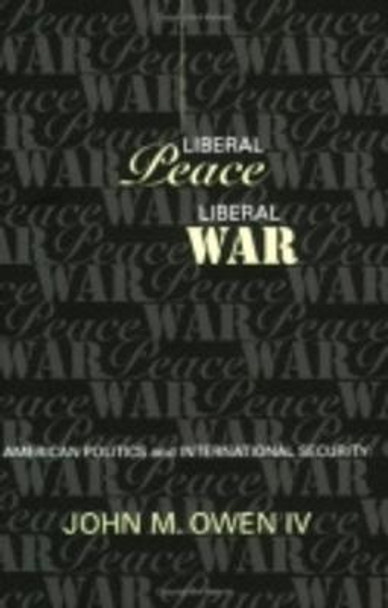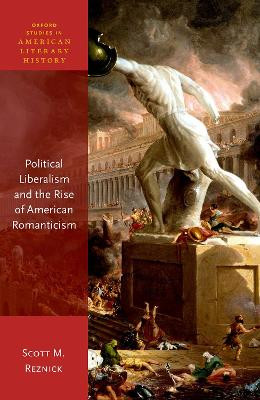Description
Liberal democracies very rarely fight wars against each other, even though they go to war just as often as other types of states do. John M. Owen IV attributes this peculiar restraint to a synergy between liberal ideology and the institutions that exist within these states. Liberal elites identify their interests with those of their counterparts in foreign states, Owen contends. Free discussion and regular competitive elections allow the agitations of the elites in liberal democracies to shape foreign policy, especially during crises, by influencing governmental decision makers.
Several previous analysts have offered theories to explain liberal peace, but they have not examined the state. This book explores the chain of events linking peace with democracies. Owen emphasizes that peace is constructed by democratic ideas, and should be understood as a strong tendency built upon historically contingent perceptions and institutions. He tests his theory against ten cases drawn from over a century of U.S. diplomatic history, beginning with the Jay Treaty in 1794 and ending with the Spanish-American War in 1898. A world full of liberal democracies would not necessarily be peaceful. Were illiberal states to disappear, Owen asserts, liberal states would have difficulty identifying one another, and would have less reason to remain at peace.
About the Author
JOHN M. OWEN IV is Assistant Professor of Government and Foreign Affairs at the University of Virginia.
Reviews
In an ambitious book that covers one hundred years of US diplomacy, Owen persuasively demonstrates that perceptions of a foreign state before an international crisis shape interpretations of its actions during the crisis: liberals 'judge states based on their domestic political institutions, and maintain those judgments through smooth and rocky relations with those states.' Thus, the extent to which US liberals perceived a foreign state to be liberal affected whether they were likely to treat it as potentially aggressive or benign.... Owen makes an important contribution to the democratic peace literature by highlighting the influence of domestic vision on foreign policy thinking: whether states interpret foreign powers as dangerous depends less on their material capabilities for war than on the attractiveness of their political ideologies and institutions.
-- Miriam Fendius Elman * The International History Review *This illuminating work, by a political scientist at the University of Virginia, seeks to explain why liberal states (those with free speech and competitive elections) avoid war with one another but not with illiberal states.
-- David C. Hendrickson * Foreign Affairs *Awards
Winner of A 1998 Choice Magazine "Outstanding Academic Title.
Book Information
ISBN 9780801486906
Author John M. Owen
Format Paperback
Page Count 264
Imprint Cornell University Press
Publisher Cornell University Press
Weight(grams) 454g
Dimensions(mm) 229mm * 152mm * 16mm






